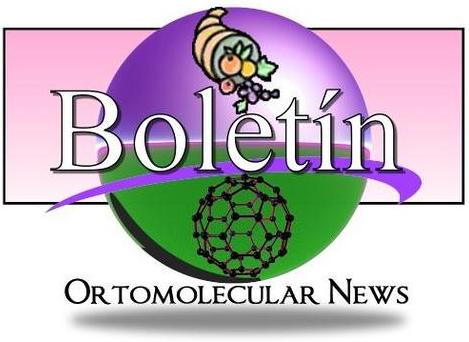 | Vitamin C injections could slow cancersBy Roger Highfield, Science Editor 04/08/2008 |
Vitamin C that is injected rather than swallowed can slow the growth of cancerous tumours, research has shown.
| The findings challenge earlier work showing the vitamin had no benefit to cancer, because the latest study found an effective dose can only be given by concentrated infusion into the bloodstream
The US Government team that reports the work today say that it provides the "first firm basis" for using the treatment on patients. Trials are now being planned. Their studies of patients suggested an effect but this finding was written off when more systematic studies using similar doses by a team at the Mayo Clinic found little impact. Then Dr Mark Levine, from the National Institutes of Health in Bethesda, Maryland, found the secret was to inject vitamin C directly to achieve much higher doses, as had been done by Pauling and Cameron,when the Mayo study had used vitamin C pills. Today, in the Proceedings of the National Academy of Sciences, he reports that high dose injections of vitamin C, also known as ascorbate or ascorbic acid, reduced tumour weight and growth rate by about 50 per cent in mouse models of brain, ovarian, and pancreatic cancers. It is not possible to achieve these doses when the vitamin is taken by mouth. "When you eat foods containing more than 200 milligrams of vitamin C a day - for example, two oranges and a serving of broccoli - your body prevents blood levels of ascorbate from exceeding a narrow range," says Dr Levine. |
By doing so, they were able to deliver high doses of ascorbate, up to four grams per kilogram of body weight daily. "At these high injected doses, we hoped to see drug-like activity that might be useful in cancer treatment," says Dr Levine.
Vitamin C is thought to as an antioxidant, protecting cells from the damaging effects of free radicals. But the researchers traced ascorbate's anti-cancer effect to the formation of hydrogen peroxide - a common disinfectant - in the fluid surrounding cells in the tumours. Normal cells were unaffected.
Thus it high doses it turns out that vitamin C has prooxidant instead of antioxidant activity. Prooxidants would generate free radicals - highly reactive chemical intermediates - and the formation of hydrogen peroxide, which, the scientists hypothesised, might kill tumour cells.
--
AHANAOA A. C.
Lic. Nut. Miguel Leopoldo Alvarado
http://www.nutriologiaortomolecular.org/
http://www.seattlees.com/

